

Monstera Thai Constellation - Rare Houseplant
Approx $53.15 USD Normally: $179.99

Thai Constellation Monstera: Elevate Your Indoor Oasis
Welcome to a world of botanical elegance with the Thai Constellation Monstera. Designed to thrive in New Zealand homes, this celestial beauty promises to transform your indoor space into a verdant sanctuary. Discover the convenience of online plant shopping and bring home the allure of the Thai Constellation Monstera with just a few clicks.
Indoor Plant Delights
Embrace the best in indoor plants with our curated selection, perfect for Kiwi homes. The Thai Constellation Monstera stands out as a symbol of sophistication, its marbled leaves casting shadows reminiscent of distant constellations against your walls.
Simple Care, Stunning Results
Nurture beauty effortlessly with the Thai Constellation Monstera. Its low-maintenance nature and balanced watering needs make it a breeze to care for, while its lush foliage adds an instant touch of elegance to any room.
Propagation Made Easy
Expand your indoor garden with ease using the Thai Constellation Monstera. Our expert guides will walk you through the propagation process, allowing you to create new botanical wonders with confidence.
Expert Advice for Plant Parents
Navigate common plant concerns like a pro with our comprehensive care guides. From troubleshooting tips to addressing issues like brown or yellowing leaves, we've got you covered every step of the way.
Experience Indoor Elegance
Step into a world of botanical beauty with the Thai Constellation Monstera. Order yours today and let its celestial charm brighten up your home.
Thai Constellation Monstera Care
Here are the basic requirements for growing Thai constellation monstera:
- Provide the plant with several hours of bright, indirect light each day.
- Plant in a loose, rich, and well-draining potting medium designed for aroids.
- Water once the top three quarters of the soil is dry, and be extremely cautious of overwatering.
- Fertilize once a month during the spring and summer with a balanced houseplant fertilizer.
Light
Just like the common monstera deliciosa, the Thai constellation enjoys several hours of bright, indirect light every day. Choose a location within a couple of feet of a bright east-facing window, or use sheer curtains or window film to soften the light coming from south- or west-facing windows.
Avoid direct sunlight which will scorch the plant’s variegated leaves, and avoid low light conditions which may cause the plant’s variegation to revert. These plants also do well under grow lights, just be sure to position them correctly so the leaves don’t burn.
Soil
As an aroid, this plant requires a soil mix that is loose, rich in organic materials, and well-draining. A pre-made soil mix designed for aroids is a good option, or you can easily make your own at home by combining equal parts perlite, orchid bark or coco coir, and indoor potting soil.
Water
Watering your Thai constellation monstera properly is one of the most important parts of its care. This plant is considered less drou/ght tolerant than the common monstera deliciosa, but it is also more susceptible to root rot if it is overwatered so finding the right balance is important.
The key is to let the soil dry out about three quarters of the way between waterings, and then water thoroughly, allowing excess water to drain from the pot’s drainage holes. The frequency of watering will depend on the amount of light your plant is getting and the temperature and humidity of the space, so the best way to gauge if it is time for watering is based on soil moisture. A moisture meter can be a helpful tool if you are unsure of whether your plant has dried out completely.
Temperature and Humidity
The Thai constellation monstera does best in warm temperatures and average to slightly humid conditions. For the most part, standard household temperature and humidity levels are fine for this plant, just be sure to keep it in temperatures between 68 to 86 degrees Fahrenheit (or 20 to 30 degrees Celsius) and avoid overly dry locations such as above an air vent or beside a drafty window.
If you have a greenhouse cabinet in your home, this plant is an excellent choice for your cabinet, especially when it’s small and becoming established. Most growers report that by the time their plant has developed fenestrations, it can happily live outside their greenhouse cabinet with no issues. If you don’t have a greenhouse cabinet at home, don’t worry. If you think your plant needs a touch of extra humidity to help it along, a small humidifier placed next to the plant is a great option. You can also opt to keep it in a naturally humid room of the home such as a bathroom, laundry room, or kitchen.
Fertilizer
This plant appreciates regular fertilization during the spring and summer. Apply a balanced liquid houseplant fertilizer once a month during watering to support strong and healthy growth. Stop fertilizing entirely once temperatures begin to drop for the fall and winter months.
Propagating Thai Constellation Monstera
Propagating a Thai constellation monstera is a relatively simple process, but it does require some patience. Unlike the common monstera deliciosa, this plant is slow-growing, and propagating it can take time. Furthermore, you aren’t always guaranteed to have variegated growth on your new propagations, so it can be a risky endeavor. However, if you have a large plant that needs a trim and you are looking to give propagation a try, here are the steps you should follow:
- Using a pair of sharp, clean pruning shears take a stem cutting from an established Thai constellation monstera that has at least one node and one leaf (but no more than three nodes and leaves).
- Remove the bottom leaves from the cutting if you have more than one node, leaving just one or two on top.
- Fill a vase or small glass container with fresh water and place the cutting in the water, ensuring the node(s) is submerged and the leaf is above the surface.
- Place the cutting in a warm location that receives bright, indirect light.
- Refresh the water once a week. Small roots should begin to grow within three to four weeks.
- Once the roots are about an inch long, the cutting can be transferred to a loose, chunky soil mix. After it has been potted, return the cutting to its original location.
- Keep the mix evenly moist for the first two weeks to help the roots acclimate from water to soil.
Potting and Repotting Thai Constellation Monstera
These monsteras do well in small containers, so as a general rule you should repot your plant as infrequently as possible. However, if you bring your Thai constellation home and notice that it is planted in poor quality soil, or in a pot that is too large (i.e. there’s too much soil and it’s staying wet for an extended period of time) then you should repot your plant into a smaller container with a more appropriate soil mix.
Otherwise, your plant will likely only need to be repotted once every few years, when it has outgrown its previous container. These monsteras are known for having a slower growth rate than the common monstera deliciosa, so they can survive in the same pot for longer. Once your plant’s roots are taking up a significant amount of space in the pot and growing from the pot’s drainage holes, it is safe to upsize your plant’s pot. Just remember to increase the pot size by two to four inches every time. For best results, repot during spring or early summer when the plant is actively growing.
Common Pests and Plant Diseases
When it comes to pests, common culprits like mealybugs, spider mites, and thrips can all be a problem, but luckily the Thai constellation monstera isn’t particularly prone to any of them. If you notice signs of an infestation on your plant, it’s likely that the pests migrated from another plant, or that you brought the plant home with existing pests. Isolate your plant immediately and begin treatment with an insecticide until the infestation is resolved.
As far as diseases go, root rot is the biggest one to watch out for with this monstera. Most of the time, root rot results from overwatering, and it can be devastating to the plant if it's not caught early enough. Drooping leaves and brown, mushy stems are both signs that your plant may be suffering from root rot. If the infection is mild, you can try cutting away the affected roots and repotting. However, if the entire root system is affected you will likely need to take stem cuttings of your plant and attempt propagation in order to save it.
Common Problems With Thai Constellation Monstera
While this monstera is considered relatively easy to grow, it’s normal to run into a few issues as you learn how to care for your plant. This is particularly true since the Thai constellation is variegated, which can present some unique challenges.
Brown Leaves
The occasional brown leaf is usually nothing to worry about, but if your plant's leaves are rapidly turning brown, then there is likely an underlying cause. If the entire leaf is browning and dying off, underwatering, dry conditions, or a lack of sunlight may be to blame. If your plant is developing crispy brown spots or edges, then leaf burn (too much sunlight) or overly dry conditions (lack of humidity) are likely to blame.
Yellow Leaves
Similarly, yellow leaves are only a cause for concern if your plant is developing several yellow leaves at once. Usually, underwatering, a lack of light, overwatering, or a lack of nutrients (not enough fertilizer) are to blame. Evaluate your plant’s growing conditions to determine which one is the most likely culprit.
Variegation Turning Brown
A frequent problem with Thai constellation monsteras is the highly variegated leaves turning brown and dying off. This is especially common when you first bring a plant home. Usually, its because your plant is suffering from transport stress—it’s adjusting to a change in growing conditions. In this case, the delicate highly variegated leaves are often the ones to suffer, since they lack chlorophyll that all-green or mostly-green leaves have to support their growth.
Providing your plant with added humidity when you first bring it home can help to protect the delicate leaves as it adjusts to its new environment, but ultimately it’s normal for your plant to experience some stress. You may lose a couple of leaves along the way, but as long as you are providing your plant with the appropriate growing conditions, it should bounce back and produce gorgeous new leaves for you in the future.
The product may be provided by a different brand of comparable quality.
The actual product may vary slightly from the image shown.






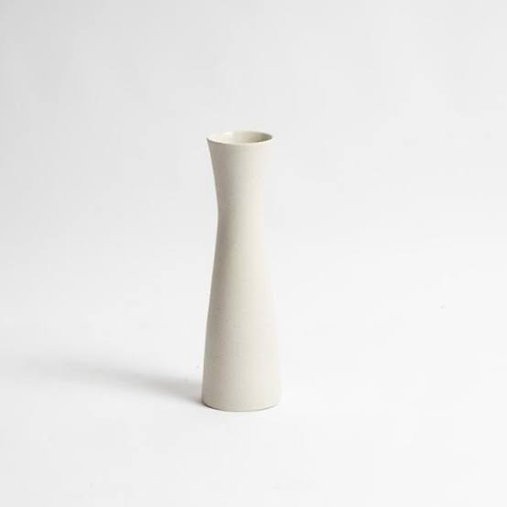
.jpeg)
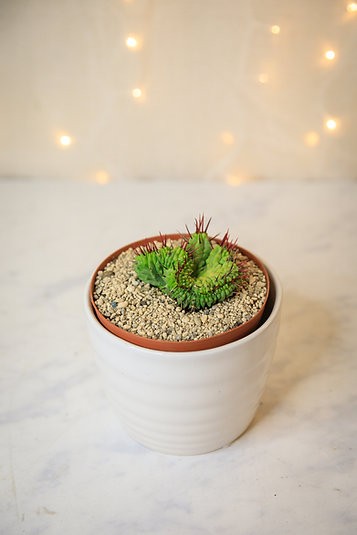
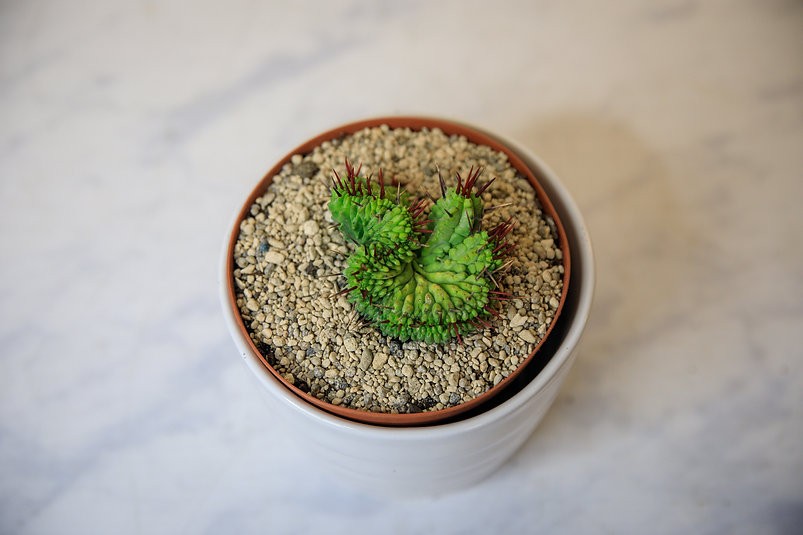
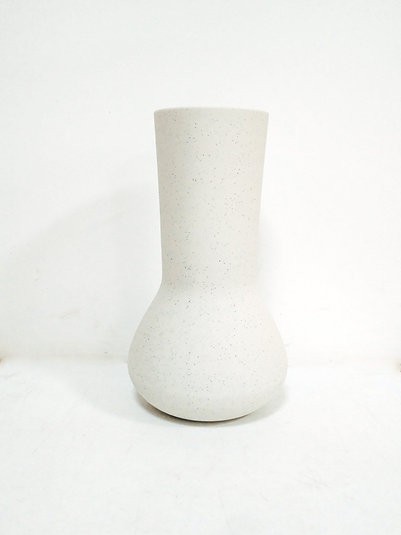
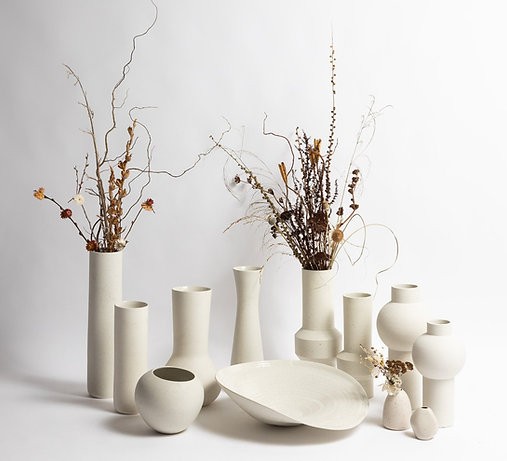


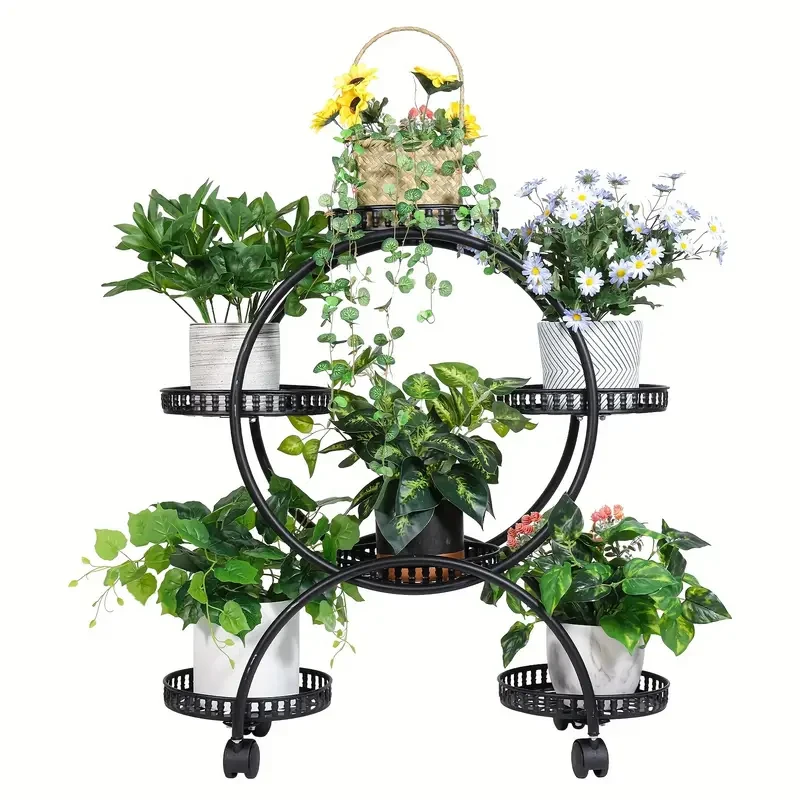
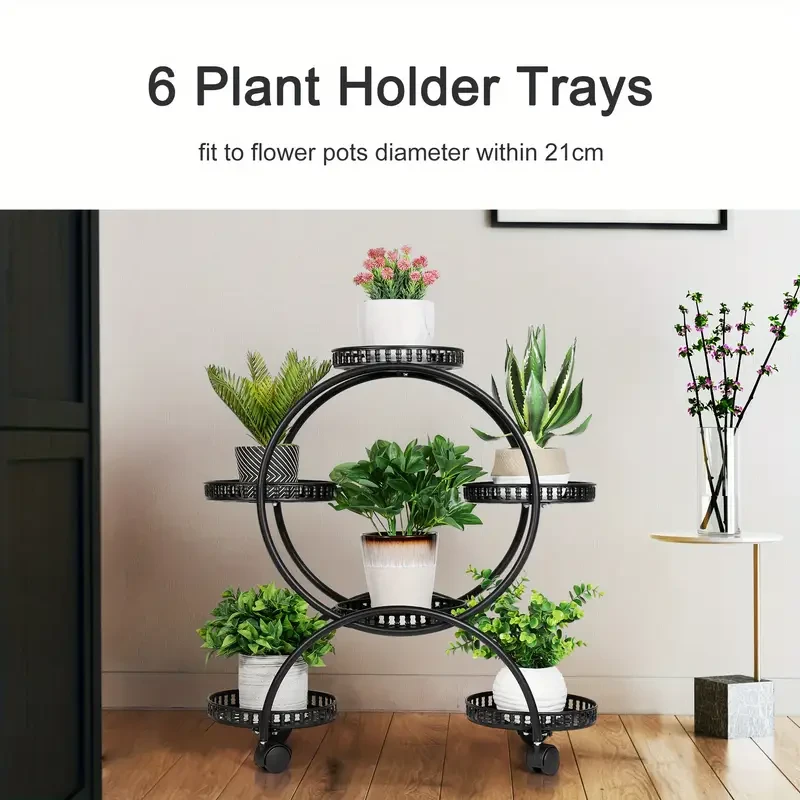
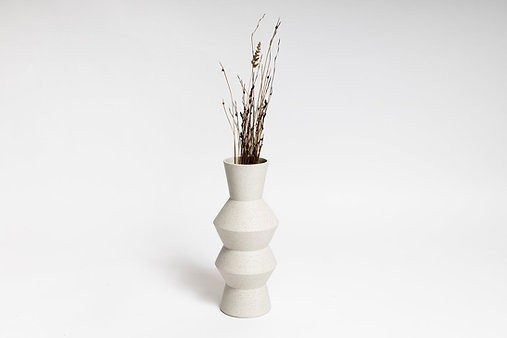
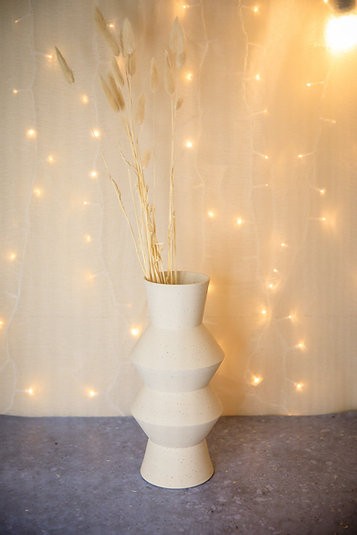


.jpg)









.jpg)





.jpeg)





.jpeg)



.jpeg)








.jpeg)



.jpeg)

.jpeg)

.jpeg)

.jpeg)




.jpeg)
.jpg)

.jpeg)






.jpeg)
.jpeg)




.jpeg)





.jpeg)


.jpeg)

.jpeg)

.jpeg)

.jpeg)







.jpeg)
.jpeg)
.jpeg)





.jpeg)



.jpeg)






.jpg)
.jpeg)









.jpg)


ulva-Logo.jpg)




.jpeg)



.png)















.png)























